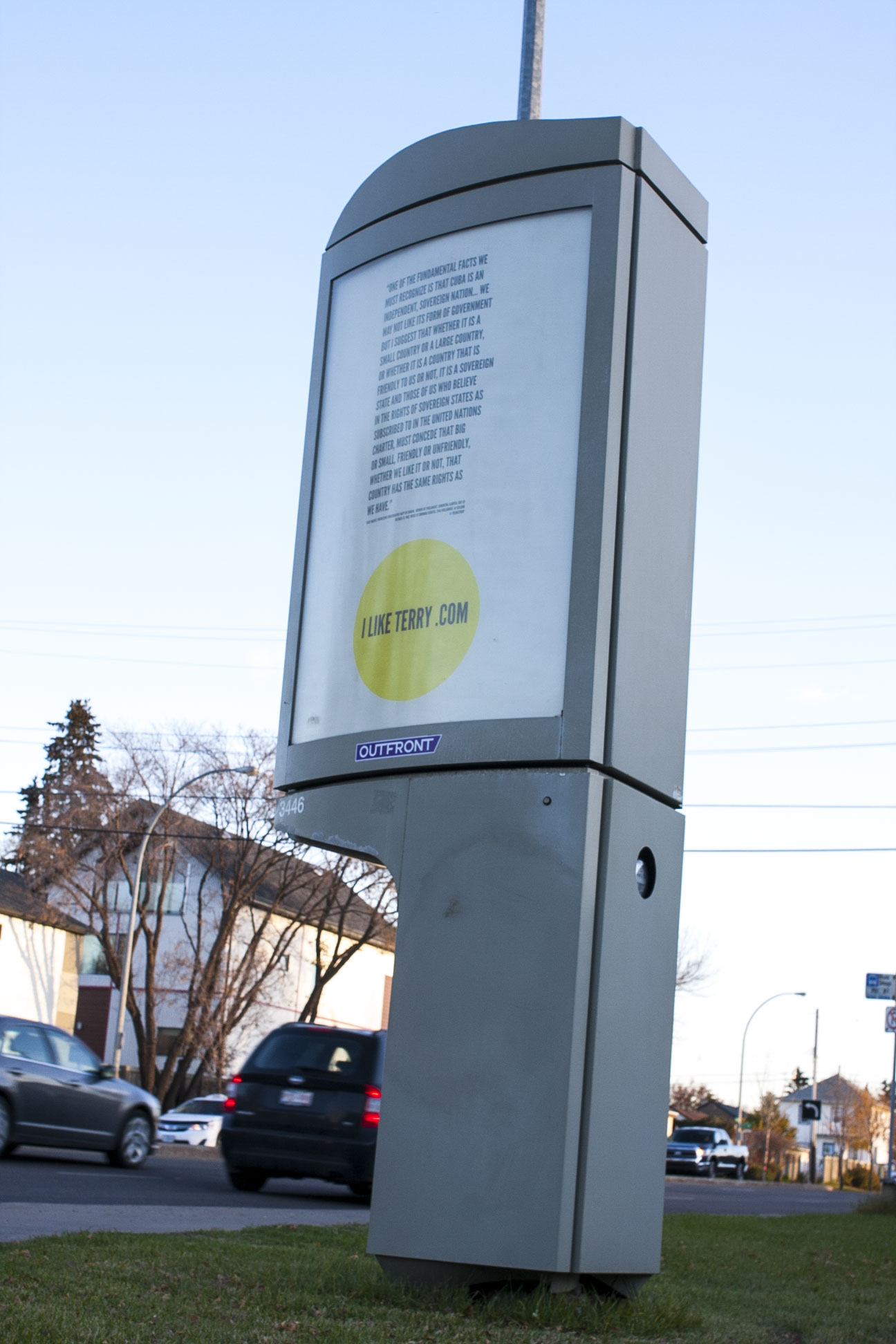"One of the fundamental facts we must recognize is that Cuba is an independent, sovereign nation ... we may not like its form of government but I suggest that whether it is a small country or a large country, or whether it is a country that is friendly to us or not, it is a sovereign state and those of us who believe in the rights of sovereign states as subscribed to in the United Nations charter, must concede that big or small, friendly or unfriendly, whether we like it or not, that country has the same rights as we have."
By dropping a piece of history in the present, I am interested in the type of dialogue that it may prompt, primarily around the how party positions have changed, the ways that politicians are able (or not able) to engage and how the government’s overall rhetoric has changed, but I think that it has potential to take some interesting turns.




